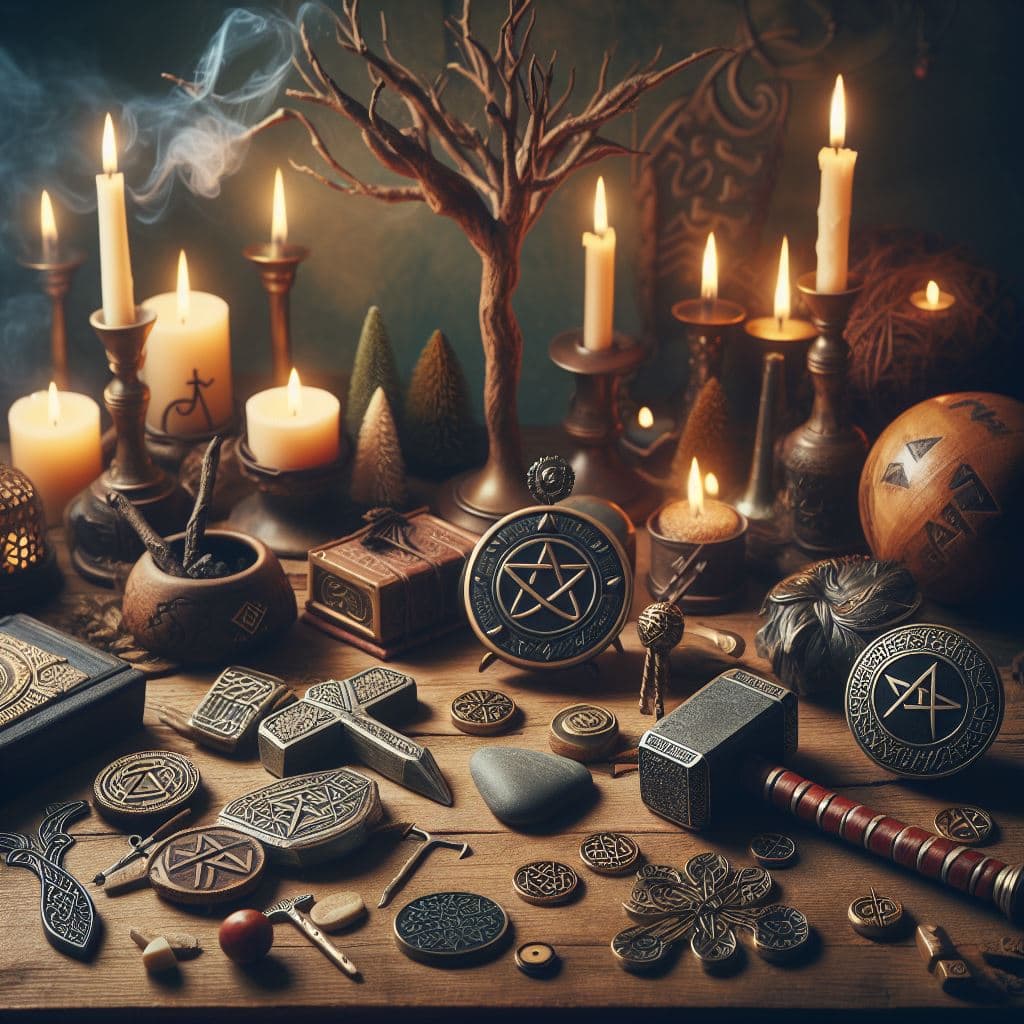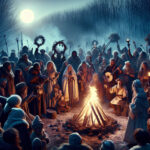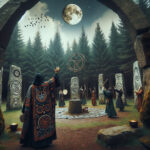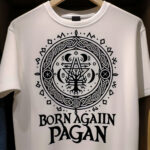The ancient Norse and Celtic Pagan religions are two of the earliest known belief systems in human history. They both have many similarities and differences which can be explored in order to understand the development of these two religious paths. In this article, we will take a look at Norse Paganism and Celtic Paganism, exploring their similarities and differences, and how they have influenced modern religious thought. We will also examine how the two paths have been interpreted and practiced in modern times.
Norse Paganism and Celtic Paganism are two distinct forms of Paganism that are rooted in different cultures, beliefs, and practices.
What is Norse Paganism?
Norse Paganism, also known as Odinism, is a polytheistic religion that is based on the ancient Norse pantheon. Norse Paganism is focused on the worship of the gods of the Norse pantheon, such as Odin, Thor, and Freyr. It is a nature-based religion, and adherents may practice rituals such as ancestor veneration, animal sacrifice, and sacred feasts. Norse Paganism is practiced by a small but growing number of people worldwide, and is especially popular among the northern European countries.
What is Celtic Paganism?
Celtic Paganism is a polytheistic religion that is based on the ancient Celtic pantheon. Celtic Paganism is focused on the worship of the gods of the Celtic pantheon, such as Brigid, Manannan, and Lugh. It is a nature-based religion, and adherents may practice rituals such as plant divination, sacred dances, and seasonal celebrations. Celtic Paganism is practiced by a small but growing number of people worldwide, and is especially popular among the Celtic countries of the British Isles.
How are Norse Paganism and Celtic Paganism Different?
Norse Paganism and Celtic Paganism are two distinct forms of Paganism that are rooted in different cultures, beliefs, and practices. While both are nature-based religions, Norse Paganism is focused on the gods of the Norse pantheon and Celtic Paganism is focused on the gods of the Celtic pantheon. Norse Paganism is popular amongst the northern European countries, while Celtic Paganism is popular amongst the Celtic countries of the British Isles.
Norse Paganism and Celtic Paganism also differ in their rituals and practices. Norse Paganism emphasizes ancestor veneration, animal sacrifice, and sacred feasts, while Celtic Paganism emphasizes plant divination, sacred dances, and seasonal celebrations. Both religions have their own unique holidays and festivals, and both have their own set of sacred texts, such as the Eddas for Norse Paganism and the Mabinogion for Celtic Paganism.
Are Norse Paganism and Celtic Paganism Compatible?
Norse Paganism and Celtic Paganism are two distinct forms of Paganism with different beliefs and practices. While the two religions do share some similarities, they are not necessarily compatible with one another. Adherents of each religion may choose to respect and learn from the beliefs and practices of the other, but ultimately each religion is distinct and should be respected as such.
Conclusion
Norse Paganism and Celtic Paganism are two distinct forms of Paganism with different beliefs and practices. While the two religions do share some similarities, they are not necessarily compatible with one another. Adherents of each religion should respect and learn from the beliefs and practices of the other, but ultimately each religion is distinct and should be respected as such.
In conclusion, Norse Paganism and Celtic Paganism are two distinct religious paths that offer different ways of understanding and connecting to the divine. Both traditions have their own unique rituals, beliefs, and deities, and each offer a wealth of knowledge and insight into the spiritual world. Ultimately, it is up to the individual to decide which path is most meaningful and fulfilling for them. Regardless of the path chosen, both Norse and Celtic Paganism provide a rich and diverse spiritual landscape for exploration and growth. It is important to remember that there is no one right way to practice paganism, and that each individual should choose the path that resonates most deeply with them.





